I’m often asked: How long did that take you to set up? I never know how to answer this question.
Are they asking if what I’m doing is difficult? Do they want to hear it took hours? Or do they want to know it took only a few minutes? Personally, I’ve never felt that the quality of an image has anything to do with the amount of time I put into it. I’ve successfully captured ideas in three frames and other images I’ve spent all summer chasing. There is no indication one method is more successful than another.
“It can be a trap of the photographer to think that his or her best pictures were the ones that were hardest to get. – Timothy Allen
As I mentioned earlier, sometimes the photos have to find you. You simply have to be in the right place at the right time and be open to the possibilities. Who among us hasn’t captured that perfect photo in the first one or two frames? Or that throw away shot turned out to be the perfect image once you are home and looking at it on the computer? The time put into creating an image has no bearing on your success; you’re just as likely to capture your vision with the first frame as you are with the last frame.
TIME + ENERGY ≠ SUCCESS
How well you know your camera will directly effect how long it takes to set up a photo. You can reduce this time greatly by being familiar with your gear. If you aren’t comfortable with your camera, you can spend time fiddling with the setting wasting valuable sunlight. In a studio this will rarely cause you a problem, but when you’re outside, your light source is constantly moving and speed is your friend.
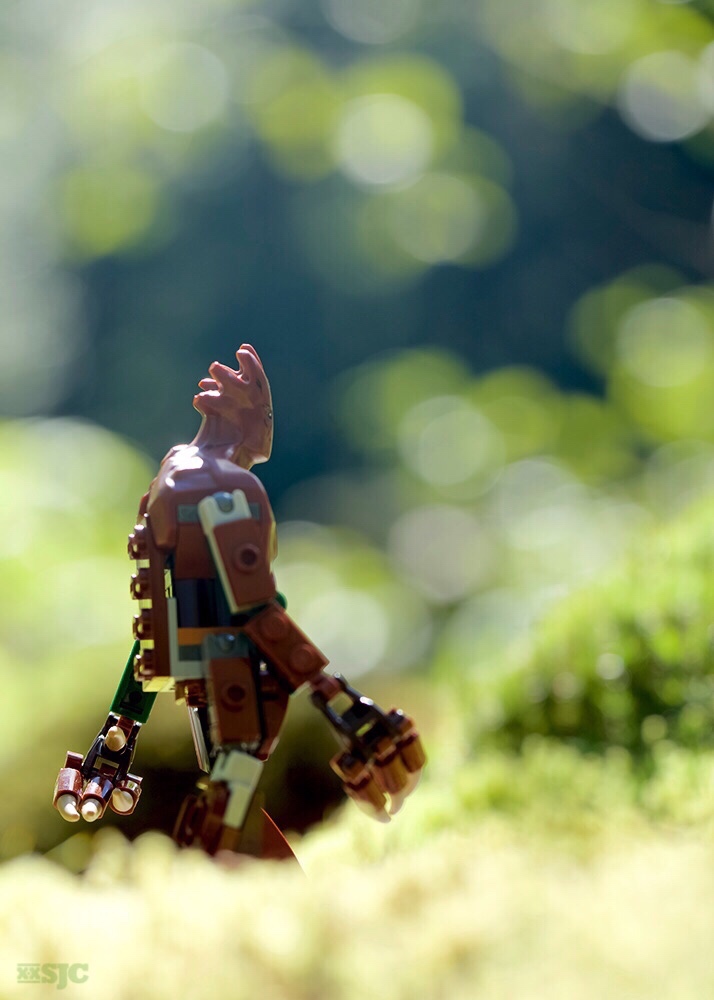
This was the first frame and I thought it was awful when I first saw it on my camera screen. It wasn’t until I was home that I realized I was successful on the first try.
My time on location is speeded up by taking the time to set up my scenes a day or two in advance of an outing. I will spend hours organizing, choosing and arranging little vignettes before I even leave the house. I’ve been thwarted more than once fiddling with hands, hair or an expression in the cold or in fast moving light situations. Should I include that time I devote to prep in my answer?
As you can see, the variables that go into ‘how long’ did that take you?” make any answer meaningless. How long (or short) it took you to create an image has no bearing on its success. The photo simply took as long as it needed too.
The only questions you should be asking yourself are: Did you meet or exceed your vision? Where you successful telling the story you wanted to tell? Where you able to connect with your audience, even if your only goal is to put a smile on their face?
If I asked you: “How long did that take you to set up?”, how would you answer?
-Shelly
Here’s an example of an image I set up before I left home.
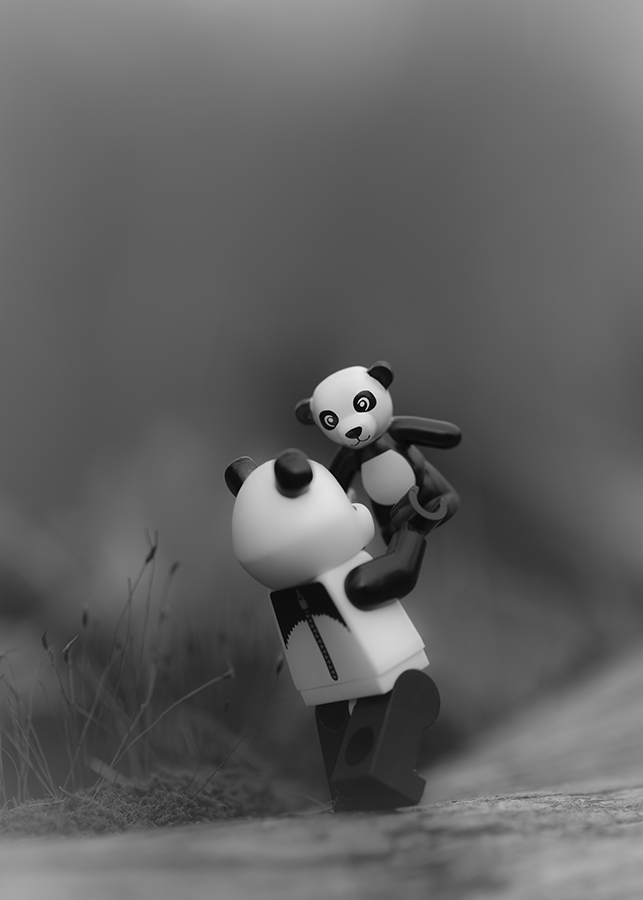
When somebody loves me
If you enjoy what we’re creating here on the blog, we invite you to join our G+ community. You’ll find more tips and more conversation in a supportive environment.
Don’t forget to subscribe to the blog so we can notify you when we have a new post ready for you.



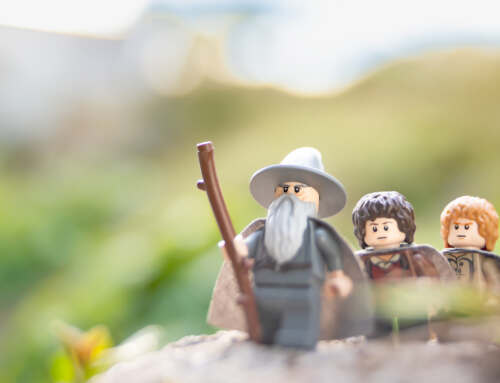
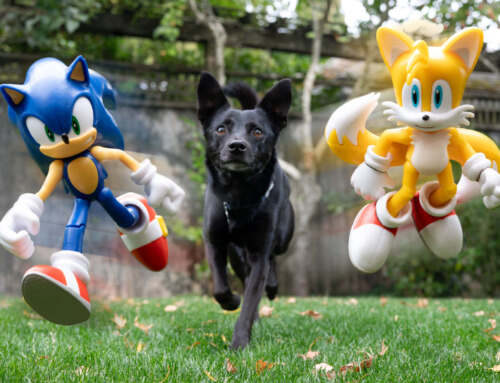
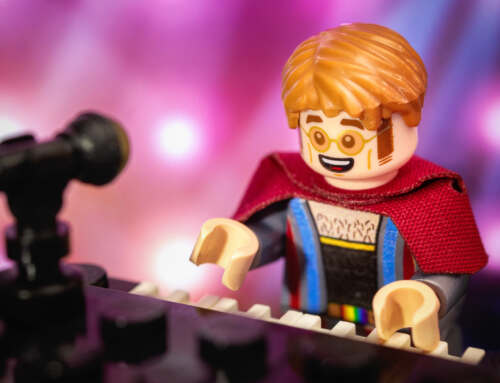
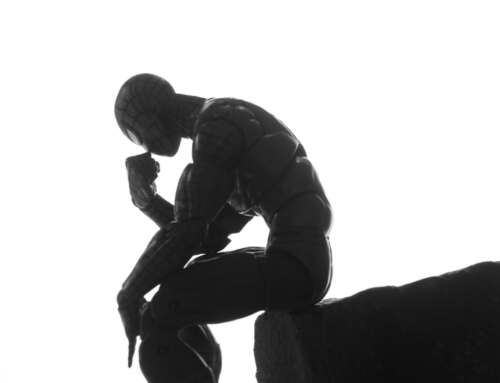
Couldn’t agree more. I would go even further by saying that any photo, even when the actual time spent on taking it (and planning, post-processing, etc) is actually short, it’s always the result of a lifelong process. Although I excel at procrastination (and have sometimes procrastinated too much with my photography), I can’t think about a single photo I could have taken sooner than I did. Even when a photo is the result of “being lucky”, I’m convinced there is a long unconscious mental process going on behind it.
I could also add that I can’t stress enough the importance of the time spent after taking the actual photo(s). Recently I’ve found myself spending usually one or two full evenings looking at the photos I’ve taken in order to decide what’s worth going online. Even when the actual time spend with my camera is less than an hour…
I know right! How do you quantify a life time looking, seeing and thinking about photography? It all goes into every part of the photography! I know that the persona making the comment is trying to be give a compliment – but it doesn’t feel like one. 🙂
I love this article! So true. Especially this statement: “The photo simply took as long as it needed too.”
Oh and also the part about being familiar with your gear and how that affects your setup speed. I’ve seen you exemplify this fact so many times. One memory in particular is from when we were hiking down from Wallace Falls. You had a Chima in your pocket and you found a nice mossy spot to shoot him in. It took you probably only 30 seconds to place him in the moss, lean in to snap a few frames, and then rejoin us a few paces later. PRO.
Leila,
That was a fun day! I remember that moment as we were getting ready to head back down the trail. I think Ive been trained to snap the quick photos by my family. They are patient – but I don’t like to push it. It pays to have a set up all ready in your pocket to take advantage of a bit of moss and sun.
I can’t emphasize enough knowing your camera. Now that Im learning the Sony, I appreciate the connection I have with my Cannon all the more! Im not ready to give up on the Sony, but I know I need to get better with it. Practice, practice, practice.
Thanks for doing the conversation!
Shelly
Every time I have a conversation with my dad about photography, he says that maybe I have been taking Lego shots for a short time, but there is a collected background and experience of design, composition, color and so on. So I guess that means I agree with what Reiterlied said, about it being a “lifelong process”. As for an answer to your question, my outdoor shots always take less tries to get what I have on my mind. When I’m at home, I have to find a bright but not too bright place to take my pictures. And then they are never good enough. Hmm, maybe I should go out more… ??
Yes, you should go out more! I find that my studio photos take forever to set up and get what Im looking for. Outdoors, the photos take so much less time because the sun and the environment offer so many possibilities. And yes, I also agree with Reiterlied – photography, no matter what style, is a ‘lifelong process”. And so much fun! Thanks for the comment Pinar! 🙂
I hate questions like this. Or comments like “you must have a really good camera.” I try to answer the time question, by going on and on until the person asking gets bored. Well I had this idea that I wanted to make blah blah blah and then I storyboarded it, then spent hours figuring out what minis to use, then got all the stuff together to set up, then, etc etc. But then the person will follow up “But how long did it take, like overall?”
Bwahahaha! I can totally imagine this scene in my head. Mostly because Ive dealt with this when talking about my husbands sculpture. I really wish we would still teach Art in schools. If more people actually experienced what its like to create something, then they would have a better appreciation for what it takes to do art – any art – successfully. So it is up to us artists to educate and help our fans to understand what they are looking at. Keep up the good ‘fight’ Jennifer!
Ok, now I get it. When we chatted about this, I thought it could be misconstrued as a compliment, like “Wow, this shot is incredible, it must’ve taken ages to think up, plan, experiment with, set up, shoot, edit” etc. but reading your take on it, I get where you were coming from now. I was wrong! 😀
It has been pointed out to me that it can be taken both ways; both as a compliment and as a question. In an ideal world the poser of the question would elaborate on exactly what information they are looking for because I don’t always get it. Hell I’m an artist with my own agenda and my own insecurities. Questions like this always put me into a tail spin of self-doubt. Ugh! 🙂
hmm interesting,
I spend some time thinking about what I want before I go out for it, and when I nail it quickly I think to myself, “you are getting better at this” and when it takes days, I think, “good job persisting and not giving up”
Because of that outlook, I always view that question as genuine interest in the process of Toy Photography. any chance I get to try and rope someone into the craft I’ll take!
I agree. Its is certainly an innocuous question that makes for a great conversation starter. I think we can both agree that the time it takes to create an image does not impact its overall quality. 🙂